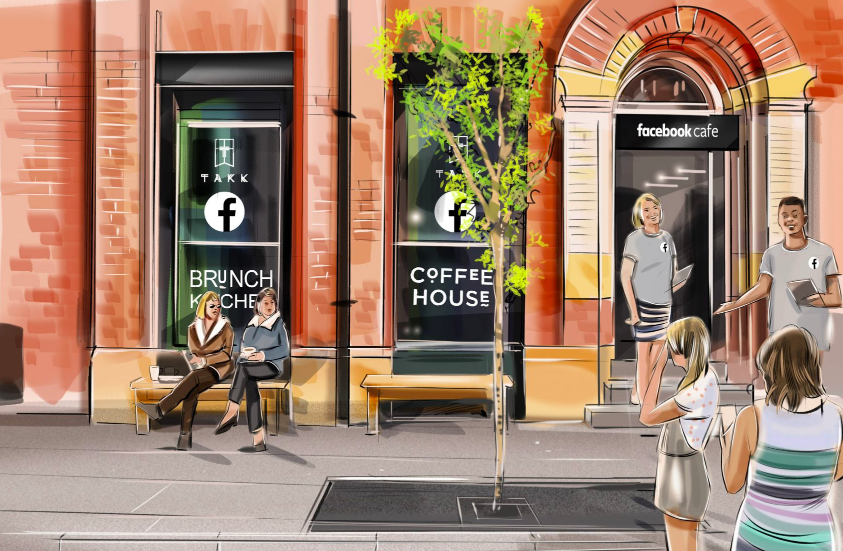Is owning your data the new luxury? Facebook is trying, through Pop-up cafes, to help us understand how to manage our privacy.
With more and more companies using data to extract vital information about the behaviour of consumers to transform them into products, services or the right banner to show up during an internet browsing, is not news that owning our data is on its way to becoming a human right. Why? Because data should be interpreted as property and people compensated accordingly, one might say. In the future, some predict that only who will be able to pay not to have their data stored and used will benefit some degree of privacy and control.
As any technology does, also the internet has advanced faster than what society can keep up, therefore understanding how to manage under a legal point of view, some side effects of the share-economy, is still an ongoing issue. While single users are trying to figure out what the future unfolds, law-makers and stakeholders are struggling to come to terms and find common grounds.
Facebook is aware of this complex situation, and as they are part of the problems they want also to be part of the solution. Therefore from the 28th of August to the 5th of September, Facebook is hosting 5 pop-up cafes across the UK, to allow users to get a privacy checkup while sipping a coffee or tea. Where? If you happen to be in London, Manchester, Edinburgh, Brighton and Cardiff check out these branded Facebook Cafes and let us know how it went!
Such events are not new to Facebook that also hosted in Cologne (Germany) a pop-up powered by the team of Go— PopUp: the event was, as well, an occasion to be more transparent by answering all types of questions users might have concerning their profile and settings.
At these cafes across the UK, located within existing coffee shops, Facebook users will be offered advice on how to personalise their privacy settings, steps that might look tricky sometimes. Visitors who participate in the privacy checkup will be given a free drink – either a cappuccino, americano or mint tea, as they please.
These types of actions show how pressing the topic of privacy is for users and how companies must take into their hands the education process, above all after a wave of criticisms have been raised against Facebook. Only last year leaked that political consulting company Cambridge Analytica had used millions of people’s personal data from Facebook without their consent. It is understandable that users are skeptical and facebook is trying to take the matter in their hands.
According to Facebook, a high number of users are not aware of how to customise their settings. The company hopes that the cafes will help them gain an increased understanding of its settings.
These types of actions are a great example of how companies can use pop-up events as innovative solutions to open conversations with consumers about difficult topics. Engaging users in the solution as well as taking into account their opinion.




